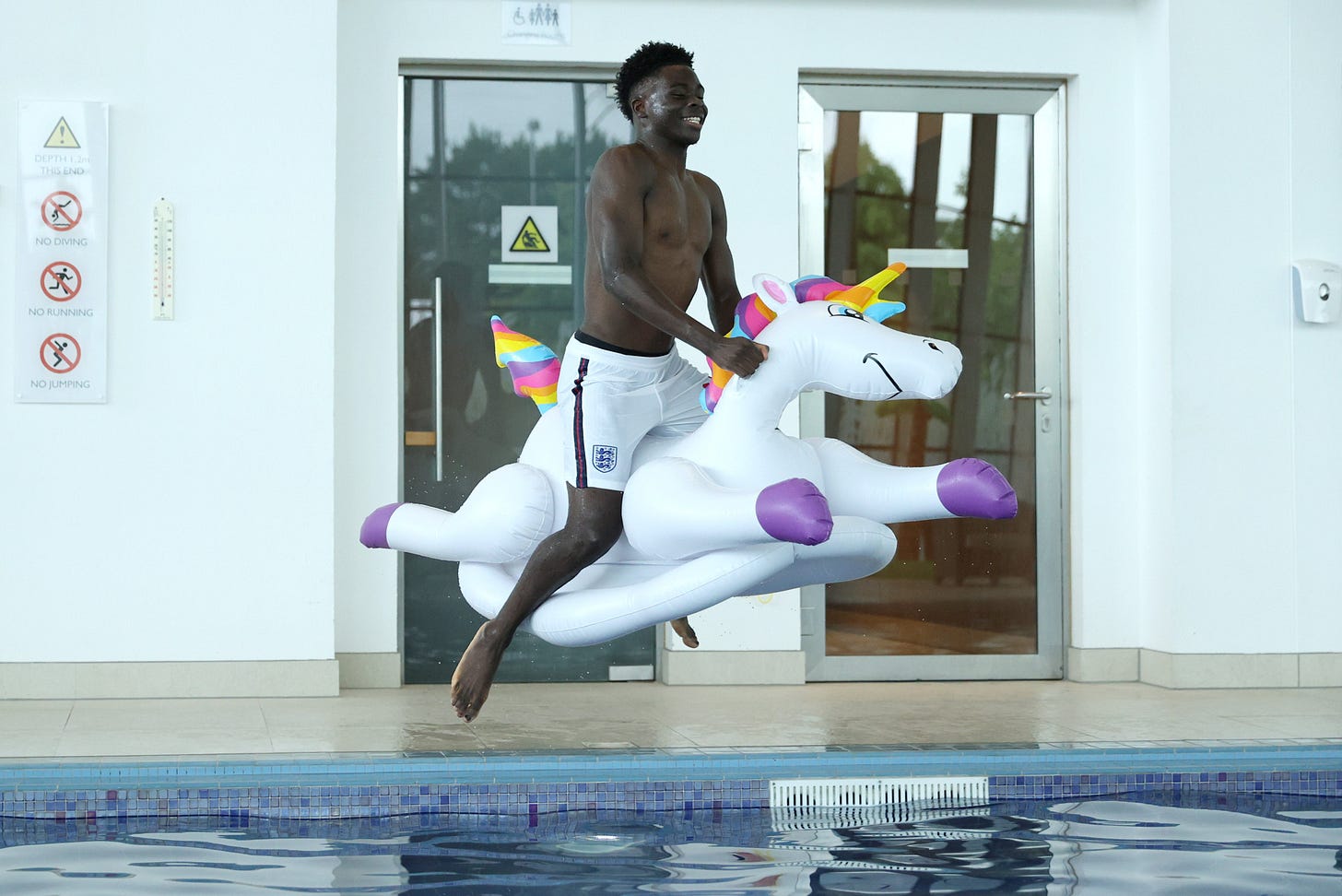The writing process is not entirely awful
In which I take a break from complaining about it.
Keep reading with a 7-day free trial
Subscribe to In Writing with Hattie Crisell to keep reading this post and get 7 days of free access to the full post archives.


